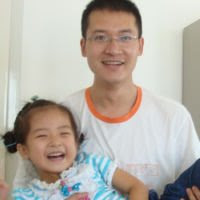Amgen's Dr. Vinay Radhakrishnan, addressed the crowd of more than 100 visitors at Optima Group's open house in Schwabisch Hall, Germany. Radhakrishnan, principal scientist, drug product & device development at Amgen in Thousand Oaks, CA, told the audience one market driver for pre-filled syringes is monoclonal antibody therapies, rapidly becoming a major chemical modality for pharmaceutical and biotech companies.
Current multi-million dollar offerings include Enbrel, Remicade and Humira, for the treatment of rheumatoid arthritis.
But there are many issues you have to consider when planning a filling and packaging line for these proteins. The dosing requirement for these large molecules is two orders of magnitude larger than small protein molecules, causing some doses to exceed 150 mg/ml.
These doses may be too large for a pre-filled syringe, Radhakrishan said, calling for a subcutaneous infusion pump instead. He admitted the market in Europe for pre-filled syringes is much larger than the U.S., but argued that these devices lead to better patient compliance, particularly if in a liquid state. A dose in a pre-filled syringe can be administered at home, rather than going to the doctor who has to reconstitute the lyophilized powder.
Radhakrishan also noted a shift from reusable to disposable syringes where compliance is again optimized.
Both the silicon oil used to lubricate the delivery device, and vibration during shipping can cause aggregation of the protein which can compromise the efficacy of the drug.
“Tight specifications from the supplier, particularly in the plunger, are critical,” said Radhakrishan. “And extensive shipping tests must be done to determine the best method with the least aggregation.”
High-speed, highly automated packaging lines are required to compete effectively as well, said Radhakrishan.
Source: healthcare-packaging

No comments:
Post a Comment